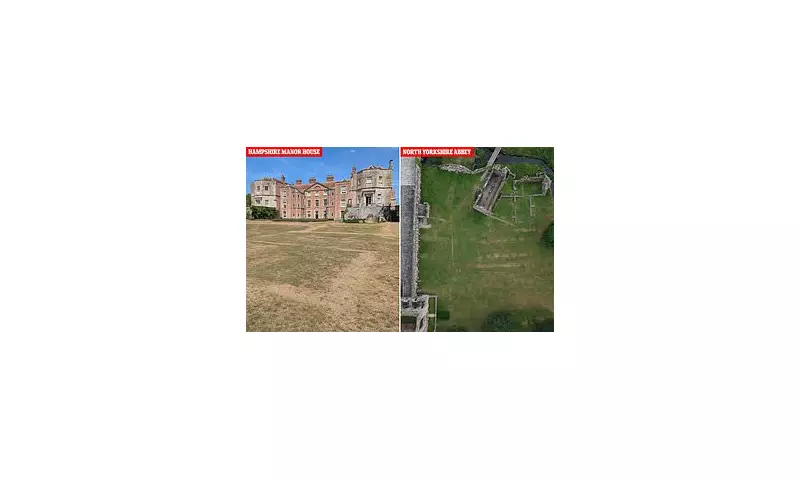
The recent heatwave sweeping across Britain has done more than just bring out the sunscreen - it's revealed fascinating glimpses into our hidden past. As temperatures soared, mysterious ghostly outlines of long-lost buildings have emerged across the country's historic landscapes.
Nature's Archaeological Scanner
The phenomenon occurs because buried stone foundations retain moisture differently than surrounding soil. During prolonged dry spells, this creates visible 'parch marks' that outline ancient structures invisible to the naked eye during normal conditions.
Notable Discoveries
- The complete footprint of a medieval hall at a historic abbey
- Previously unknown boundary walls at several manor houses
- Geometric patterns suggesting lost formal gardens
- Foundations of demolished outbuildings at country estates
A Race Against Time
Archaeologists are working quickly to document these ephemeral revelations before rain returns them to obscurity. "It's like nature is giving us a temporary window into history," explains one heritage expert.
The discoveries are providing valuable insights into how historic sites evolved over centuries, showing structures that don't appear on any surviving maps or records. Some marks reveal buildings that were demolished hundreds of years ago.
How You Can Spot Hidden History
Experts suggest looking for:
- Unusual straight lines or geometric patterns in grass
- Areas where vegetation grows differently
- Subtle variations in ground colour during dry spells
This natural archaeological phenomenon occurs most dramatically during prolonged heatwaves, making the current conditions particularly valuable for historians and archaeologists across the UK.





